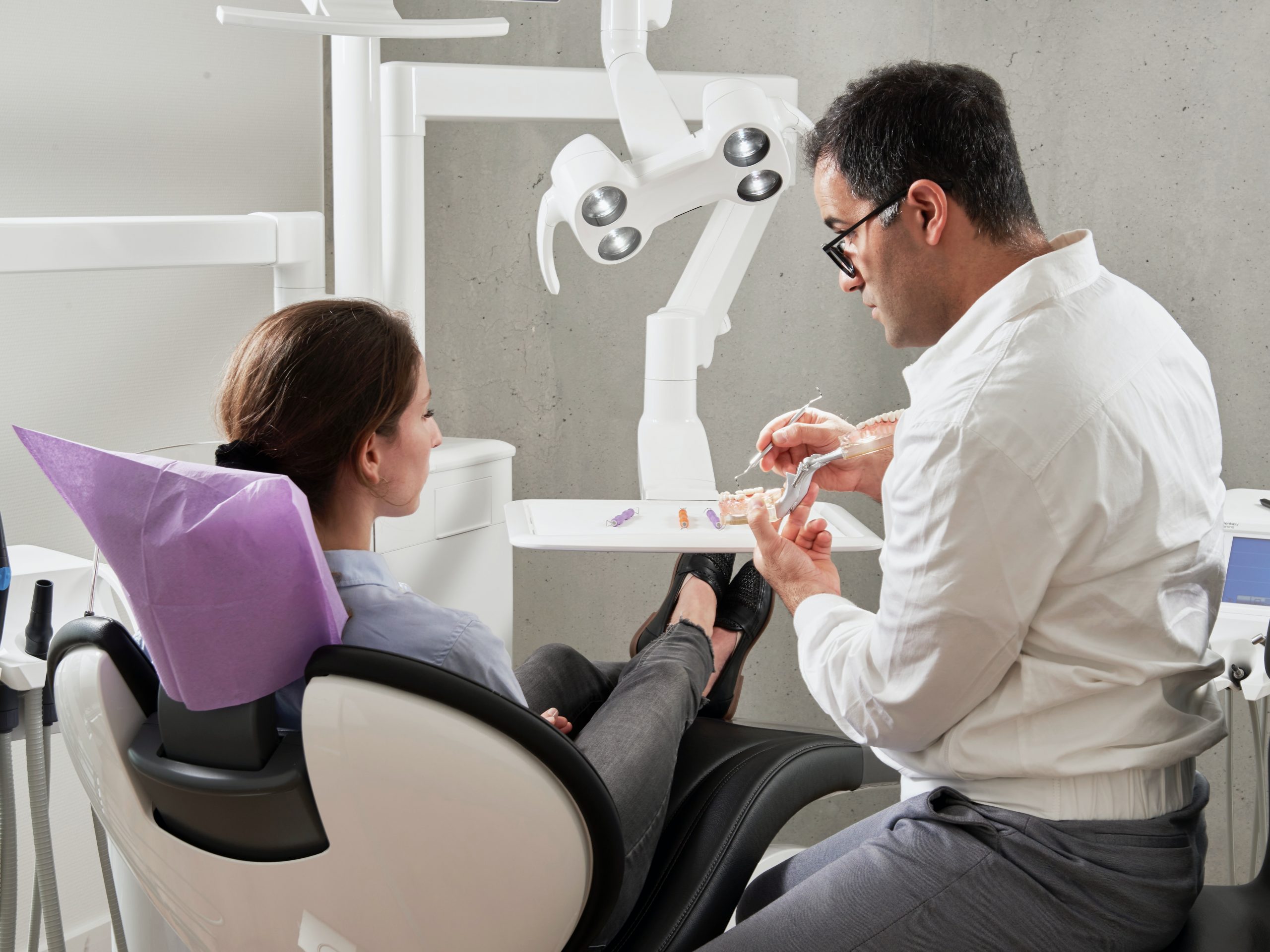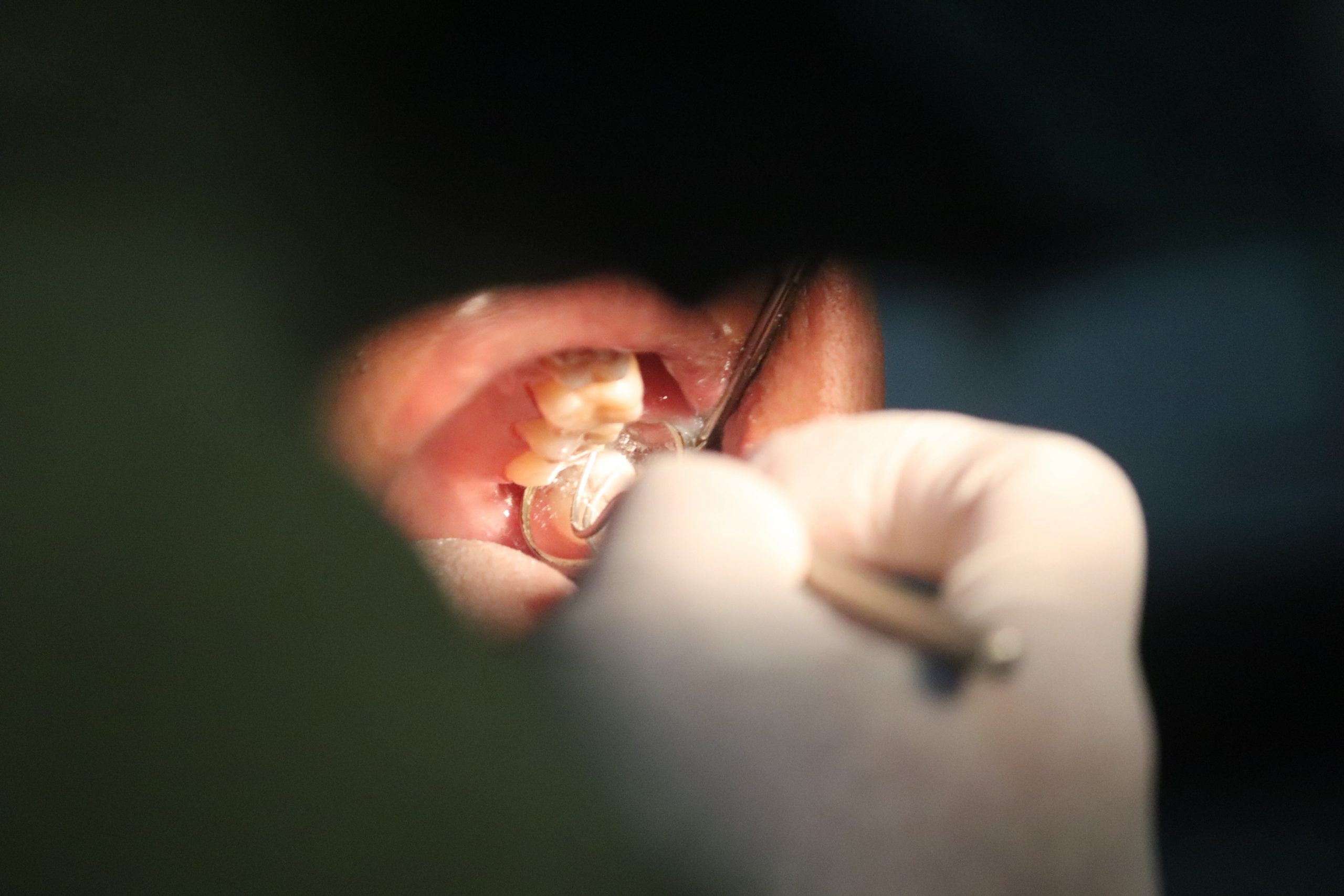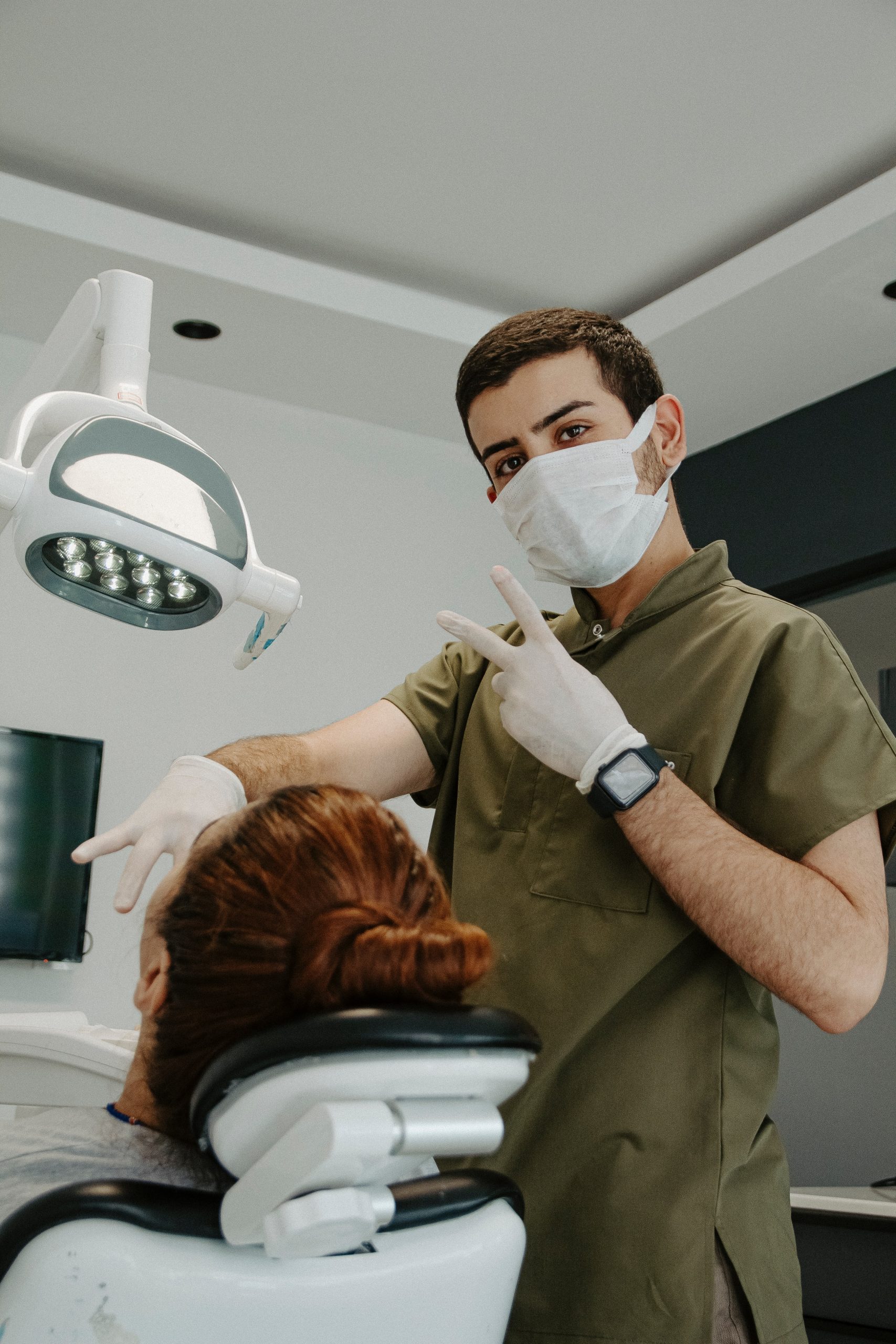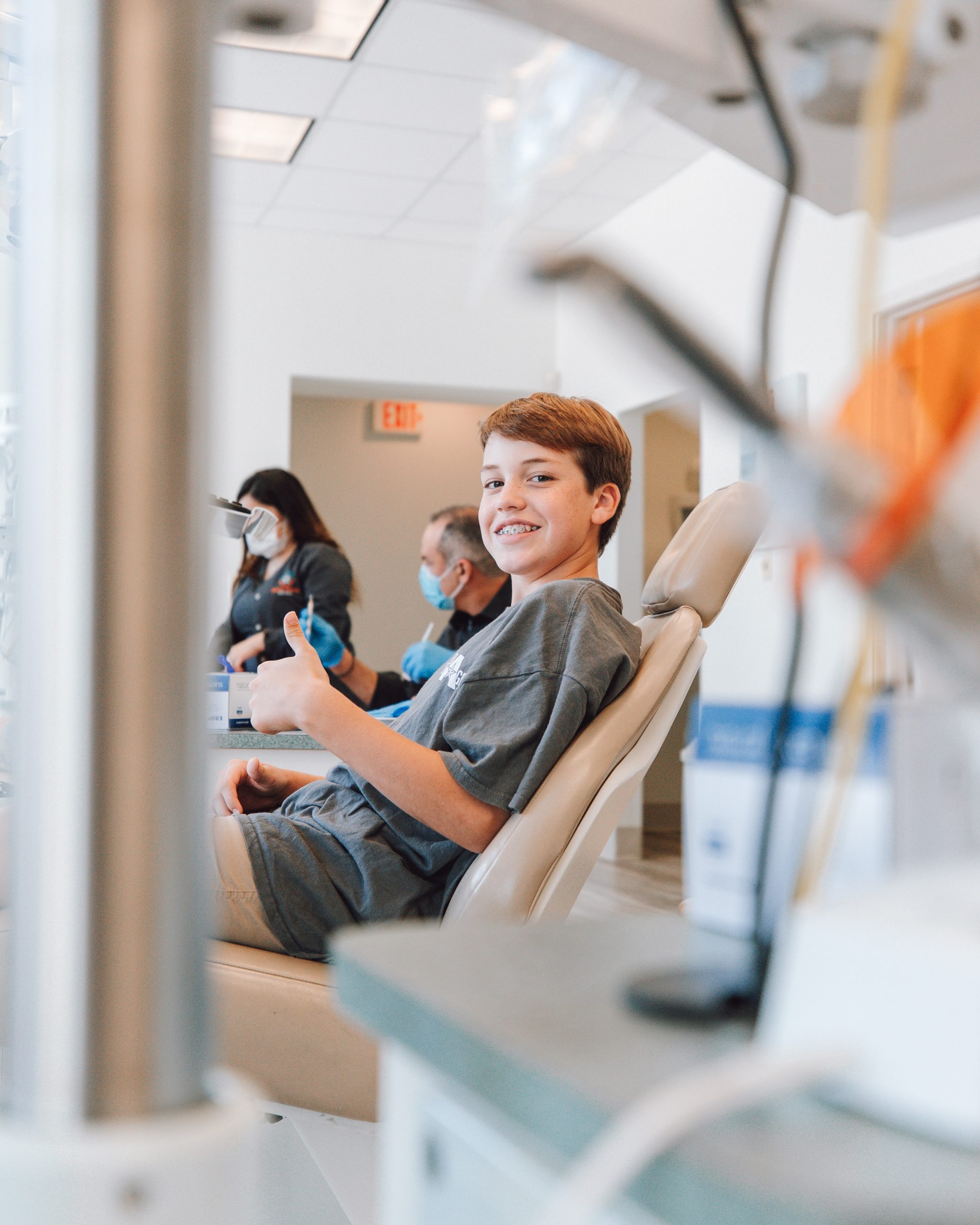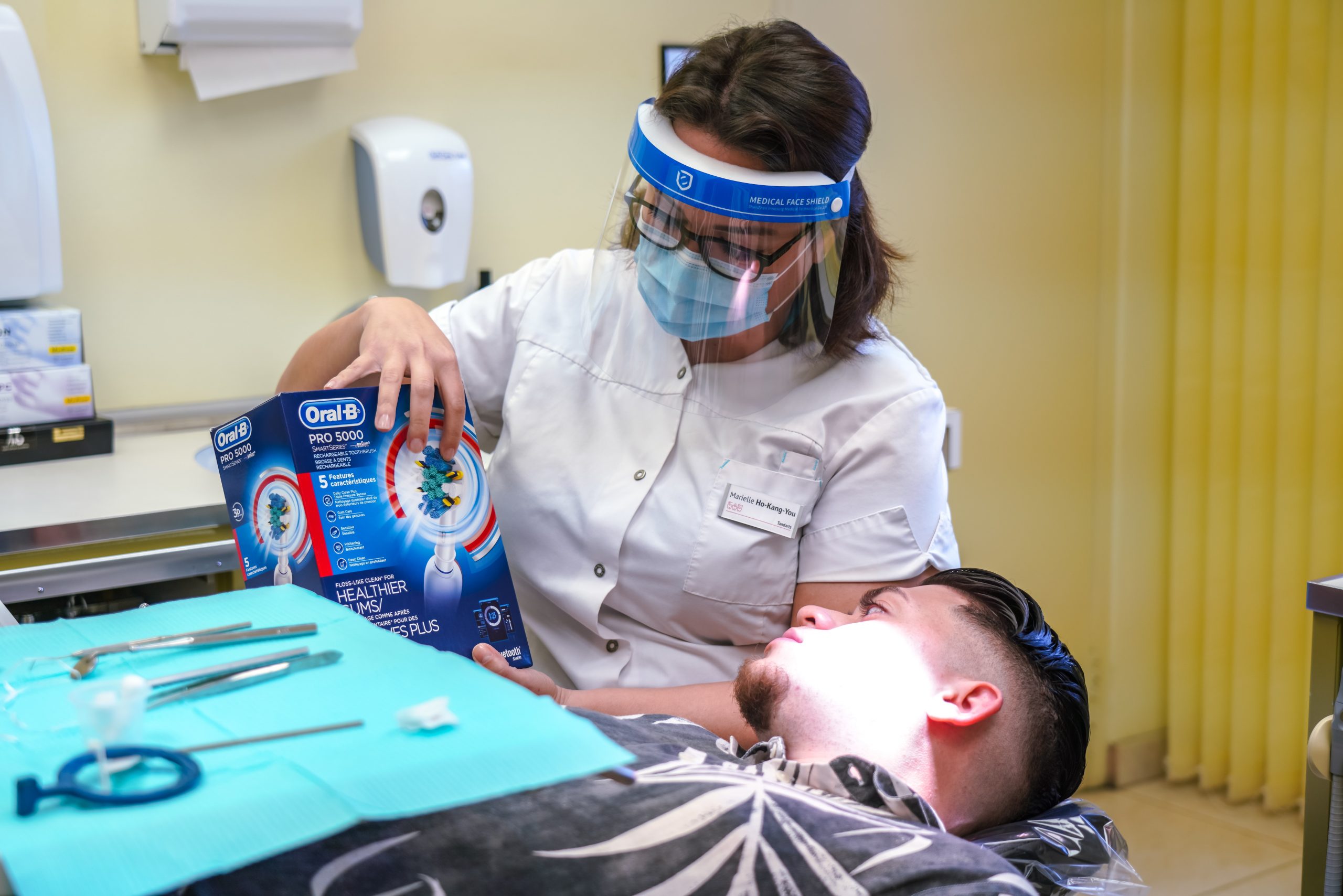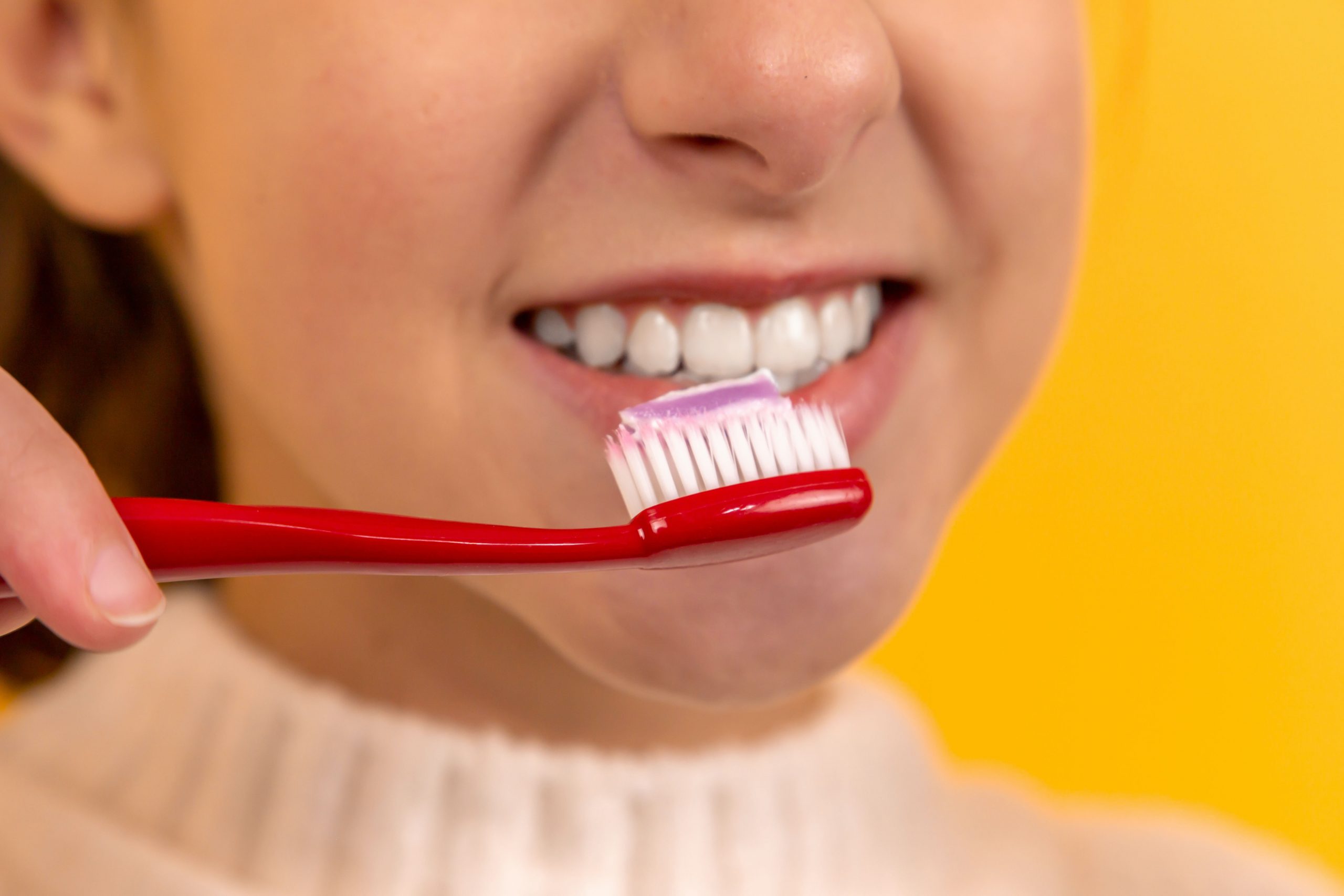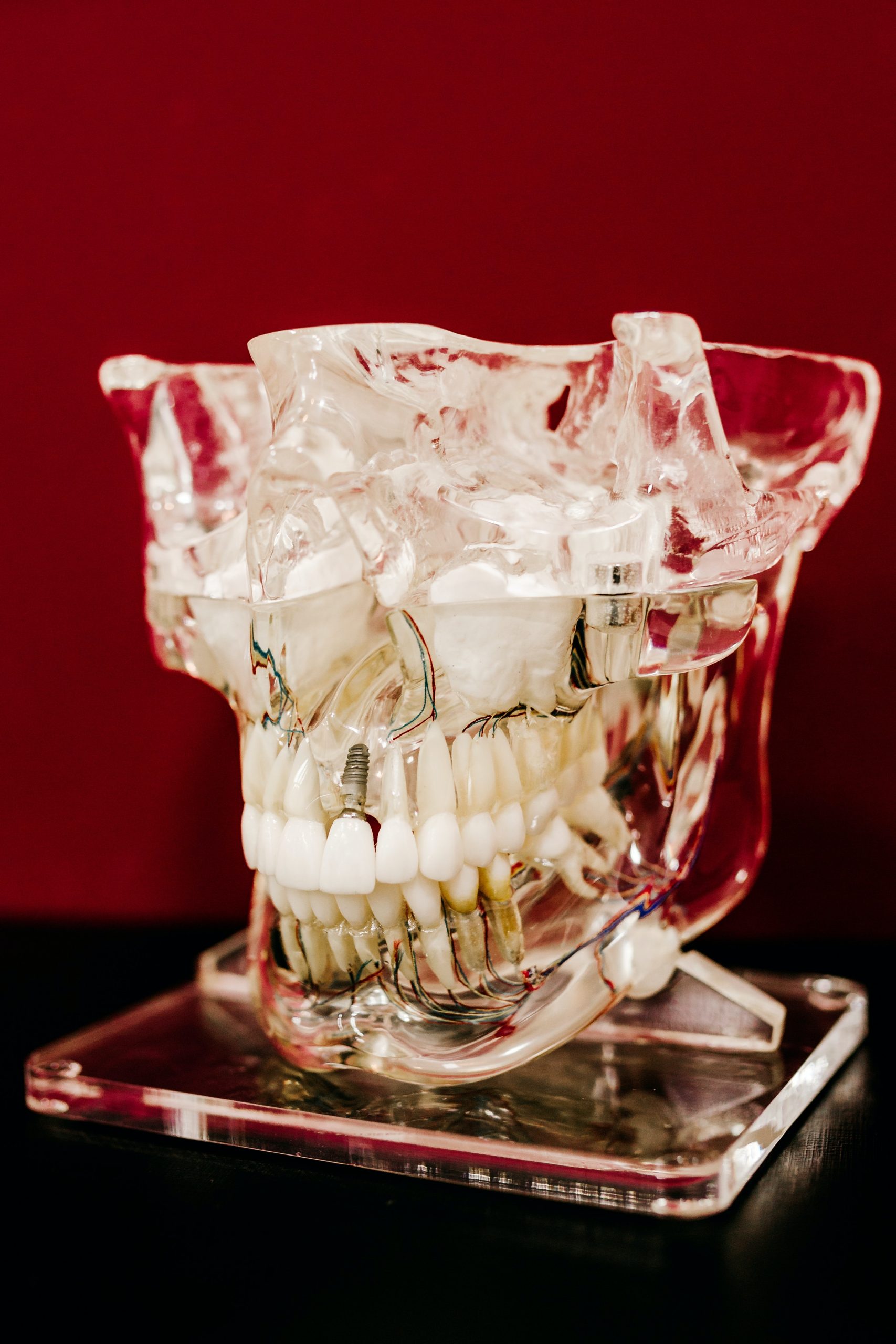
Chipped Tooth: What to Do Next
A chipped tooth is a common dental problem that can happen to anyone. It can occur due to a variety of reasons, such as trauma, biting down on something hard, or even just normal wear and tear. While a chipped tooth may not always cause pain or discomfort, it can lead to further complications if left untreated.
Problems Associated with Chipped Teeth
1) Pain and Sensitivity: A chipped tooth can expose the underlying sensitive layer of the tooth, called dentin. This can cause pain and sensitivity when consuming hot or cold food or drinks.
2) Risk of Infection: A chipped tooth can create a space for bacteria to enter, leading to an infection or decay. This can further damage the tooth, potentially leading to the need for more extensive dental work.
3)Aesthetics: A chipped tooth can affect a person's smile and overall appearance. This can lead to self-consciousness and social discomfort.
Solutions for Chipped Teeth
1) Dental Bonding: Dental bonding is a simple and affordable solution for small to moderate-sized chips. A tooth-colored resin material is applied to the damaged tooth and hardened with a special light, restoring the tooth's natural appearance.
2) Veneers: Veneers are thin shells made of porcelain or composite material that are bonded to the front surface of the tooth to improve its appearance. They are an effective solution for more significant chips or to correct other cosmetic imperfections.
3) Dental Crowns: For more extensive damage, a dental crown may be necessary. A crown is a tooth-shaped cap that covers the entire visible part of the tooth, restoring its function and appearance.
4) Root Canal: If the chipped tooth has caused damage to the tooth's pulp, a root canal may be necessary. During this procedure, the pulp is removed, and the tooth is filled and sealed with a crown or filling.
Preventing Chipped Teeth
1) Wear a Mouthguard: For those who participate in contact sports or high-impact activities, wearing a mouthguard can help prevent chipped teeth.
2) Avoid Hard Foods: Avoid biting down on hard foods like ice, hard candy, or popcorn kernels.
3) Good Oral Hygiene: Maintaining good oral hygiene can help prevent tooth decay and gum disease, reducing the risk of chipped teeth.
In conclusion, a chipped tooth can cause pain, sensitivity, and cosmetic concerns. However, with the right treatment, the damage can be corrected, restoring the tooth's function and appearance. Additionally, taking preventative measures like wearing a mouthguard, avoiding hard foods, and maintaining good oral hygiene can help reduce the risk of chipped teeth. If you have a chipped tooth, be sure to consult with a dental professional to determine the best solution for your needs.

